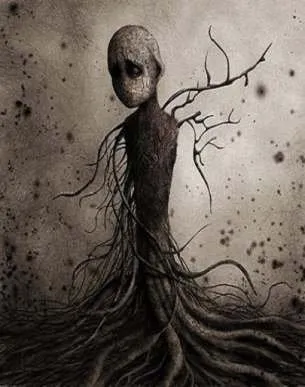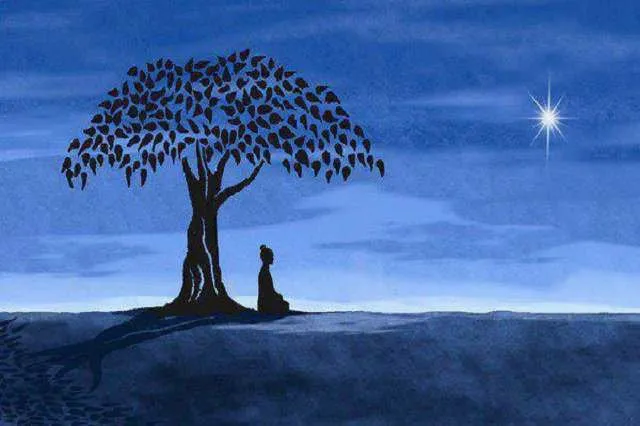
This question is as old as human cognition itself. Philosophers and scientists have always wanted to know what makes us happy. In today’s landscape of chaos and turmoil, where we’re constantly looking for inner peace, we are all equal in our quest for happiness.
A smile or laughter can express feelings of joy. But is that true happiness? No definition can do justice to the feeling called happiness that can only be experienced.
I was happy once

Let's go back to our childhood. Remember those carefree days when we had no worldly worries. We played and danced with abandon. Our mother’s lap was all we needed to sleep without a care.
We woke up looking fresh as the morning dew, ready to face the brand new day.
Today, our worries start knocking at the mind's door, the moment we hit the bed. We don’t want to get out of bed in the morning. We stress over the payments to make. We worry about the debts to clear. We cry over lost love. Where have those glorious days gone?
I’m not happy because….

This is the most common response to this much asked question. Tell me, whose life is perfect?
Problems and solutions are so securely tied together that whoever wanted one must also be prepared for the other – whoever wanted to enjoy a bed of roses would have to be ready for the pricking thorns.
The happiest humans on this Earth are NOT those who have no problems. Things will go terribly wrong. There will be major disappointments. We’ll go through several upsetting and frightening moments. We have two options: Drown in self-pity and stay miserable or stay strong and embrace happiness.
I know I’ll be happy when…

I pass my exam - I get married - I lose 20 pounds - Steem reaches $100.
Life goes on, even when things don't go our way. Philosophers say that we’ve got it back to front. We always view happiness on the other side of .. a problem or an achievement; whereas, happiness is waiting for us to acknowledge its presence.
It’s like an umbrella that protects us from the harsh weather. Adversity will stalk us, but we are equipped to handle it and make our way through the life God has given us.
How Can I Be Happy?

According to Friedrich Nietzsche, the German Philosopher, life’s greatest happiness springs from our brush with adversity. Adversity is not our enemy. It is adversity that teaches the value of happiness. The measure of happiness we feel is directly proportional to the sadness we experienced in the past.
Despite all the persistent problems, the human spirit has the amazing capacity to persevere and rediscover happiness. What is required is a change in thinking and a positive attitude through the difficult times. Our mind is stubborn and doesn't take very kindly to changes, but we can convince and persuade it to do our bidding.
The 10 Commandments of Happiness
- Happiness is a choice.
- Keep negativity, hatred and anger at bay.
- Let not failures affect your confidence.
- Focus more on what you're good at.
- Take care of your physical, financial and emotional health.
- Don't go down with the downs.
- Be a contributor to your community.
- Spend time with the people you love and who give you joy.
- Make each day a party.
- Become yourself. The person you have to please in life is YOU.
Bottom Line - Choose Happiness
Ubuntu
An anthropologist was living for a while with a remote African Tribe, researching their culture and habits. Finally, when the day of his departure arrives, he places a gift basket filled with delicious local fruit under a tree. He gathers all the children from the village and tells them that the first one to run to the tree will be the winner who gets it.
The children form a line and hold hands. When the whistle blows, they start running, but without leaving each others’ hands. They then sit together and enjoy the deliciousness of the fruit. Surprised, he asks a little girl why they did that, when one of them could have been the winner of ALL the fruit. The little girl’s response was: How can one of us be happy when all others are sad?

Africans call this “Ubuntu,” which we all know as an operating system. It means, “I am because we are.”
In the words of Desmond Tutu, the South African Activist: Africans have a thing called ubuntu. We believe that a person is a person through other persons. That my humanity is caught up, bound up, inextricably, with yours. When I dehumanize you, I dehumanize myself. The solitary human being is a contradiction in terms. Therefore you seek to work for the common good because your humanity comes into its own in community, in belonging.
Image Sources:
Image 1
Image 2
Image 3
Image 4
Image 5
Image 6